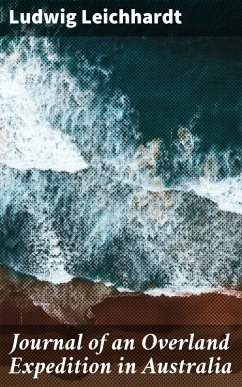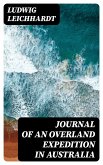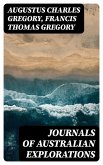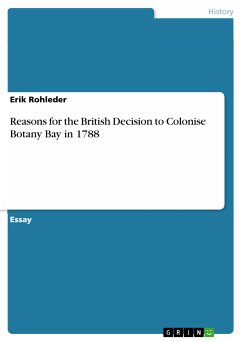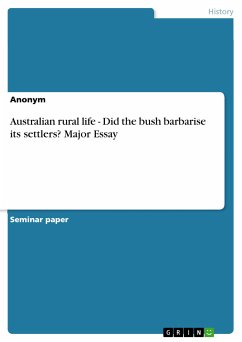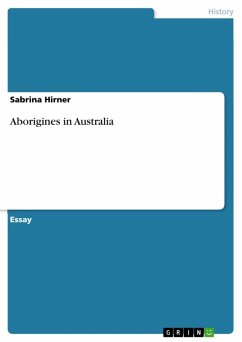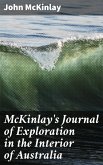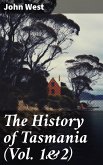In "Journal of an Overland Expedition in Australia," Ludwig Leichhardt presents an intricate account of his ambitious exploration across the Australian continent in the mid-19th century. Combining vivid descriptive detail with scientific observation, Leichhardt's narrative captures the harsh beauty of the Australian landscape and the diverse flora and fauna encountered throughout the journey. Written in elegant prose, the journal not only serves as an adventurous travelogue but also contributes significantly to the field of natural history and geographical studies during a period marked by European curiosity about the Australian frontier. Leichhardt's style reflects both Romanticism's appreciation for nature and Enlightenment ideals of discovery and knowledge, placing his work within a broader intellectual context of exploration literature of his time. Ludwig Leichhardt, a Prussian naturalist and explorer, was driven by an insatiable thirst for discovery and a profound respect for the Australian environment. His passionate quest for knowledge and understanding of the continent stemmed from his background in botany and geology, enabling him to document not only the challenges of the expedition but also the natural wonders he encountered. Leichhardt's explorations and writings were marked by both a yearning for recognition in the scientific community and an admiration for the Indigenous cultures he encountered, which informs the depth of his observations. This journal is an essential read for anyone interested in exploration, natural science, or the historical context of Australia in the 19th century. Leichhardt's engaging account not only sheds light on uncharted territories but also invites readers to reflect on the human spirit's resilience in the face of adversity. For historians, scholars, and general readers alike, this work remains a cornerstone in the canon of Australian literature, illuminating a pivotal moment in the understanding of a vast and complex landscape.
Dieser Download kann aus rechtlichen Gründen nur mit Rechnungsadresse in A, B, BG, CY, CZ, D, DK, EW, E, FIN, F, GR, H, IRL, I, LT, L, LR, M, NL, PL, P, R, S, SLO, SK ausgeliefert werden.

